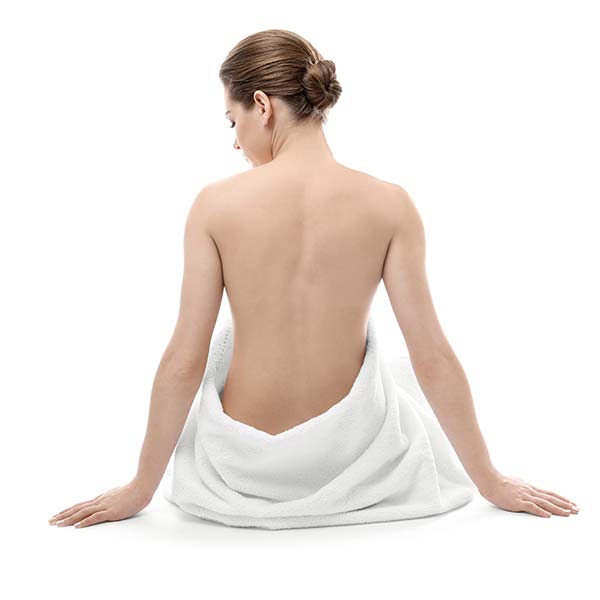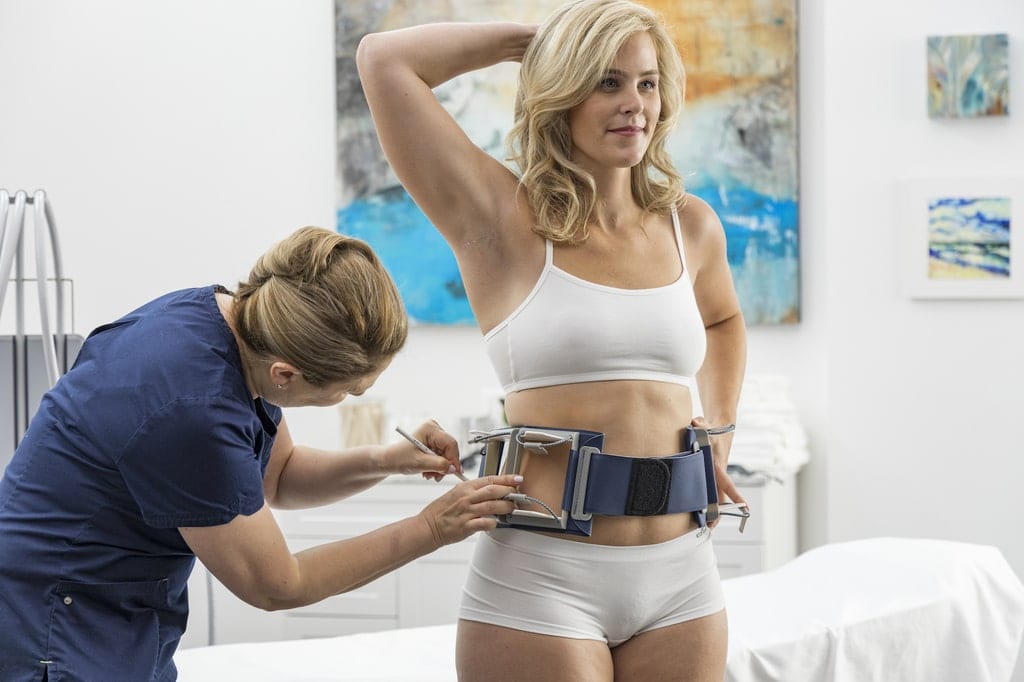As children, we would never have thought that one day our body could be stiff or that energy might not last. It seems our adult life constantly revolves around moans and groans. People often complain that they suffer from tiredness, headaches, back pain, depression, stiffness, and an overall sluggishness. And many think this is normal that we are losing energy and pliancy in our moves as we get older.
One reason that we are losing energy and grace in our moves is our modern lifestyle that impedes our biological range of movement. We’ve created lots of tools and machines that limit our walking, jumping, running, twisting. Our “convenient” lifestyle has drastically limited our physical activity. To mediate this, we try to work out hard going through pains to get fitter, saying “no pain no gain”. In addition, our modern stressful environment constantly brings physical and emotional pains, leading to chronic stress. As a result, our body acquires tensions and stiffness over time.
In contrast, a healthy body is a relaxed, and, therefore, flexible, body with a healthy mind. With some efforts, we are capable to create a delicate balance of body and mind with gentle exercises, integrated into our daily life. Body and brain are not separated. But we often try to squeeze many activities simultaneously, which separate body from mind, to save time.
Many Eastern physical disciplines require a focus, concentrating totally on the task in hand, even if it is the simplest of activities. Focusing on one task at a time is the only way of releasing both body and mind from the limitations of daily life. Mindful exercising, mindful eating, mindful resting is not common in the West. People watch TV in the gym or wear personal gadgets while they run, “shutting their minds to the activity they are pursuing with their bodies”. This implies that physical exercise is not fulfilling enough on its own. In other words, multitasking can make our physical and mental activities less effective.









